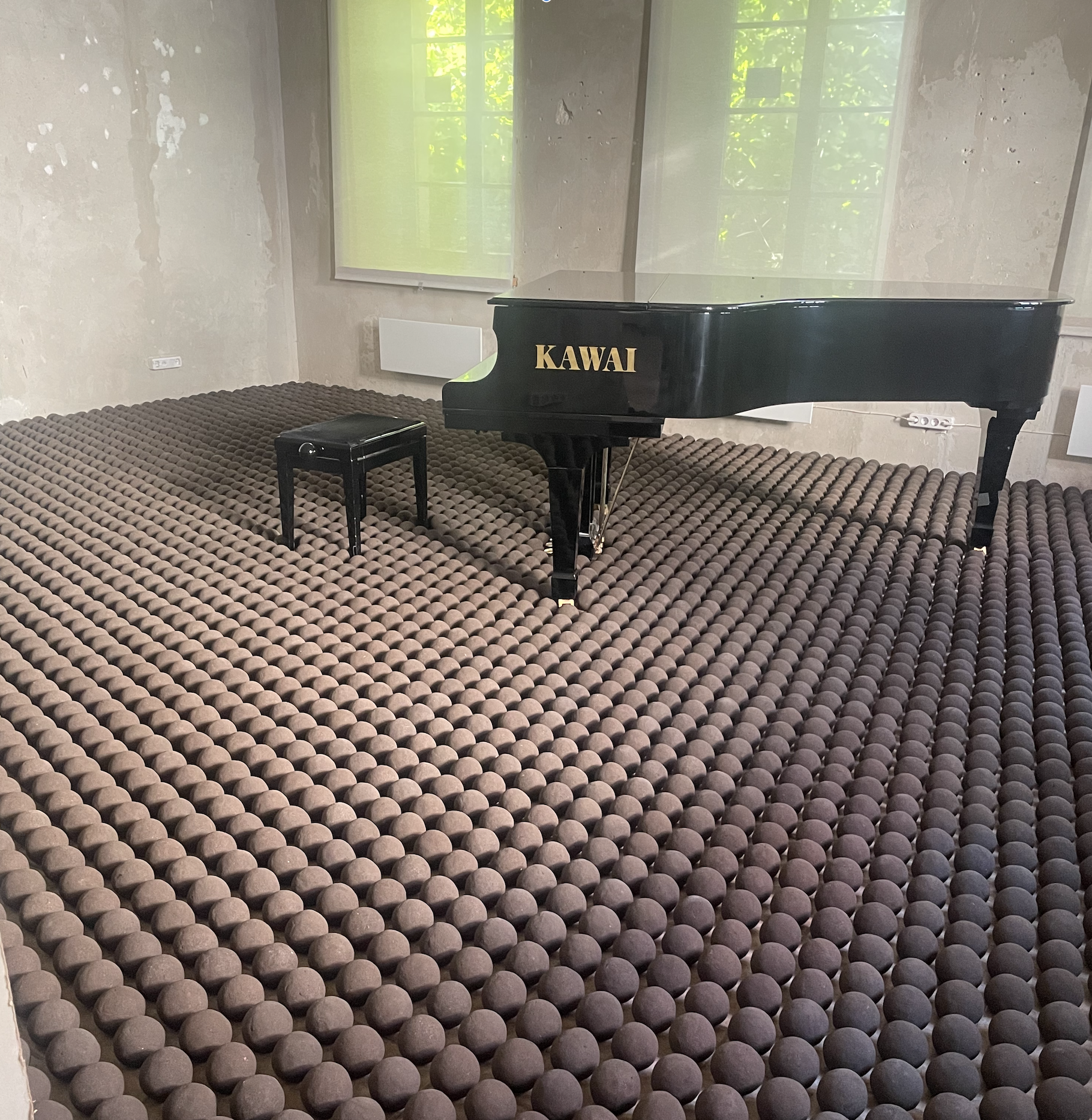ART VILNIUS 2017: JMVAC presents JONAS MEKAS film OUTTAKES FROM THE LIFE OF A HAPPY MAN
OUTTAKES FROM THE LIFE OF A HAPPY MAN
The Jonas Mekas Visual Arts Center presents Outtakes From the Life of a Happy Man by Jonas Mekas, the godfather of avant garde cinema, on the occasion of the celebration of his 95th birthday this year.
Mekas created Outtakes From the Life of a Happy Man in 2012, for his 90th birthday. It can be viewed as a retrospective work – the filmmaker himself calls it “film as a film”- and was assembled from discarded footage from previous films. The series has been cut and pasted together in a seemingly random order and provides an answer to the question as to why he started to film and detail everyday events in his own life and those close to him. The spliced together pieces provide a faded and endlessly flowing sequence, accompanied by the occasionally mantra-like narration of Mekas himself, “Just images… passing by… this is not a memory… this is all real… just images… nothing different… purpose just for myself… nothing happens in this film…”
Mekas is the godfather of avant garde cinema, but he is a poet as well. He recollects that it was through the use of diaristic cinema that he discovered a language that allowed him to convey the devastating experience of World War II without having to resort to a literary mode. War, he has asserted, broke reality into a thousand bleeding fragments and all that is left to his generation is to travel “collecting the broken bits and pieces of knowledge, of love, of hope, of old ages.”
The stream of images, the spontaneity, the blending of art and biography are all characteristics of Mekas’ poetry that connect him to many other artists of his generation and especially to the Fluxus movement, a founding member of which was his close friend and fellow Lithuanian George Maciunas.
The fragmentary and haphazard assembly of Outtakes of a Happy Man is precisely what allows the viewer to understand its cinematic language and be immediately immersed in the subject matter. It shows the footage from one man’s life, but an additional layer is added for the viewer because the fragmentation breaks up the cohesiveness of the narrative and depersonalizes the pieces of life shown on the screen. They appear not just as scenes from someone’s life, but of life in general that could even be your own.
Mekas had to survive labor and displaced persons camps, forced emigration, all while walking the path of an irreconcilable nonconformist to come to the realization at 90 years of age that he had indeed lived a happy life. He had to see his life on faded, dissipating film to understand that he had loved it unconditionally all these years.






Leave a Reply